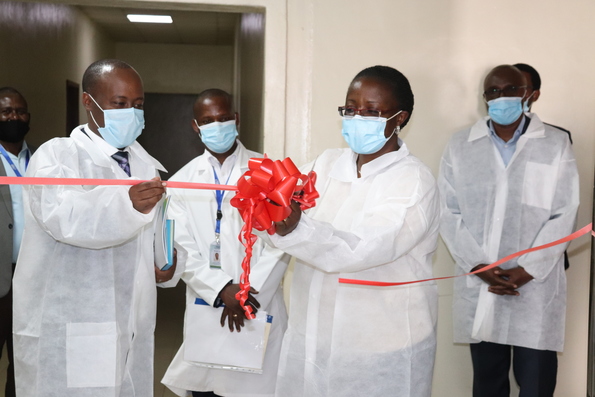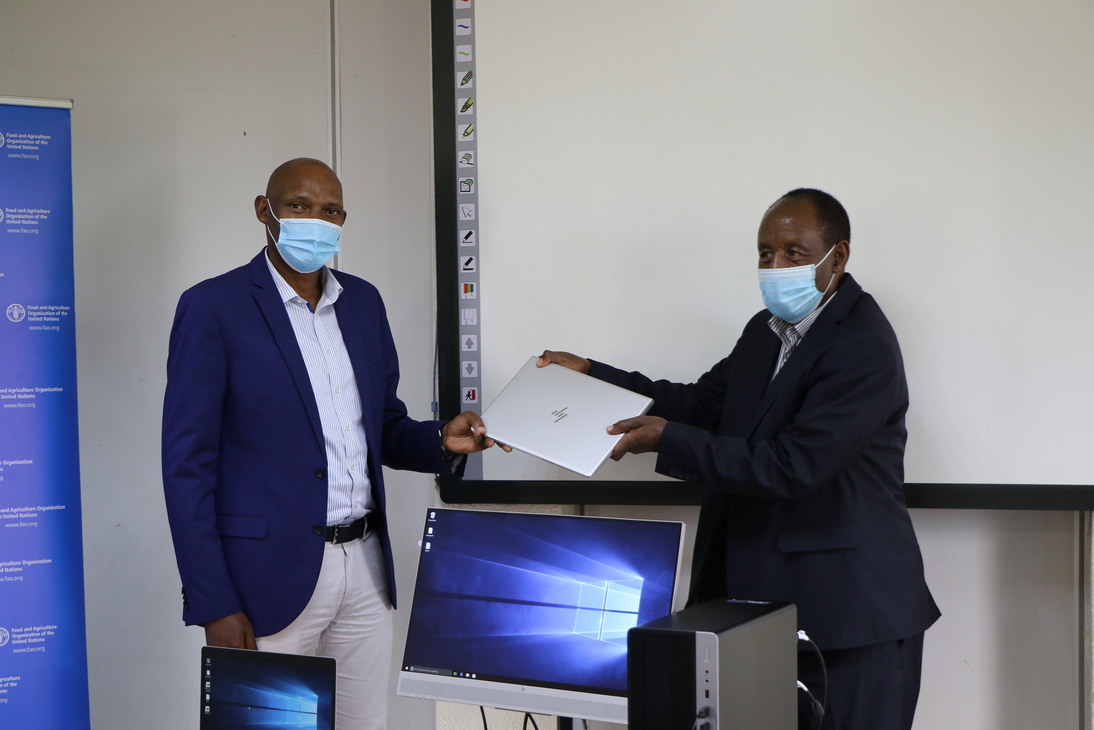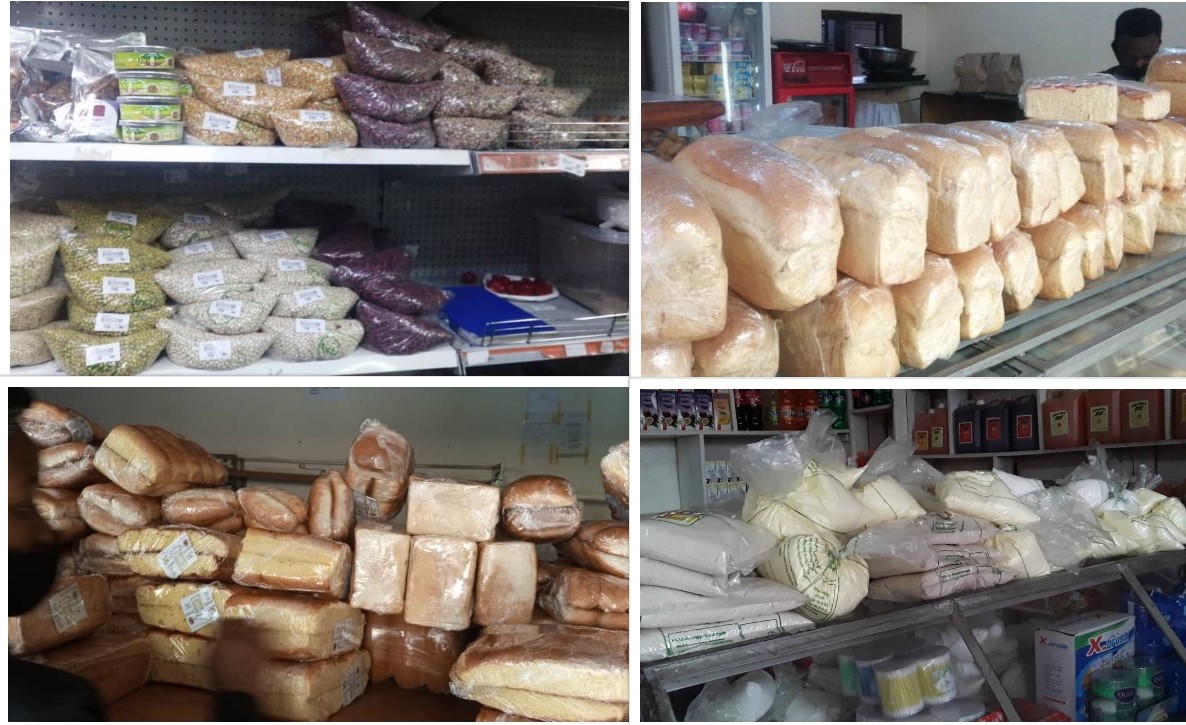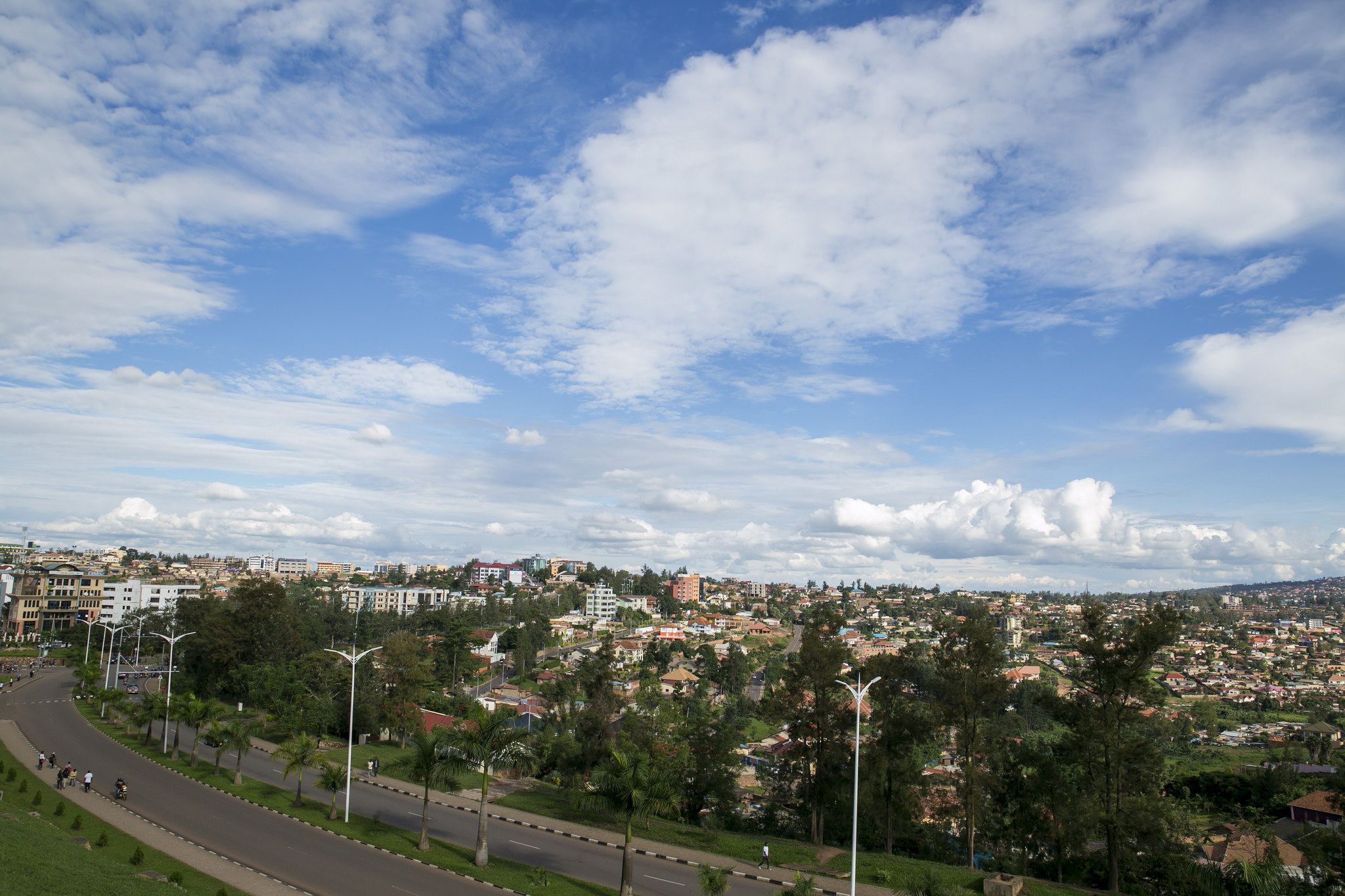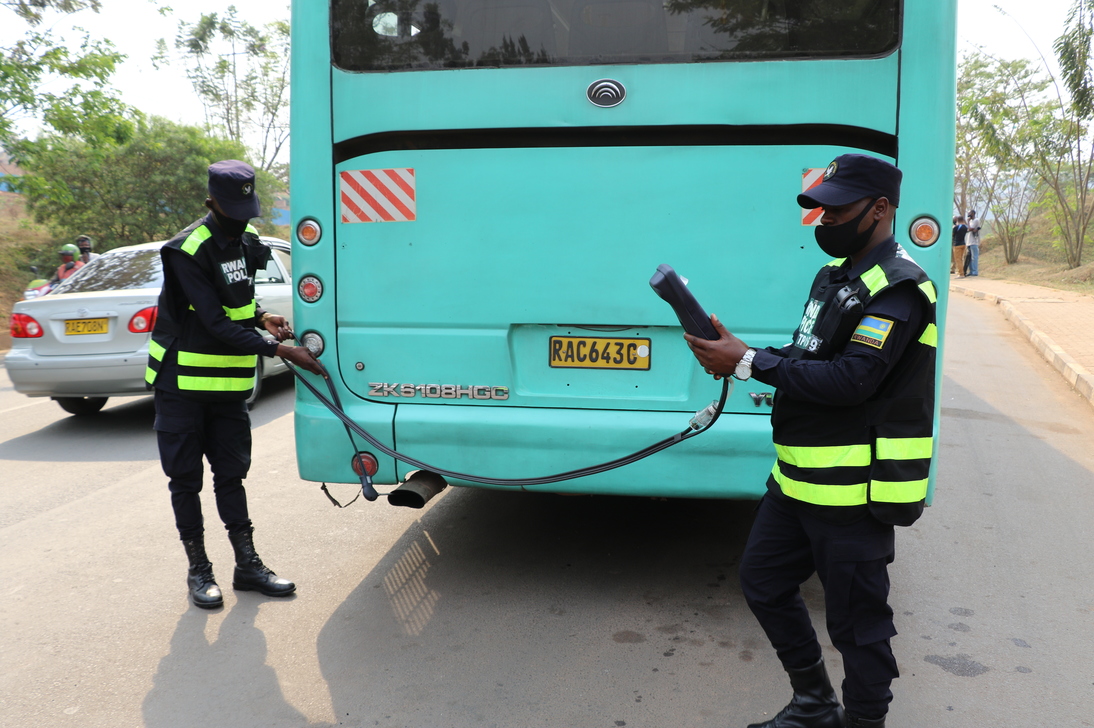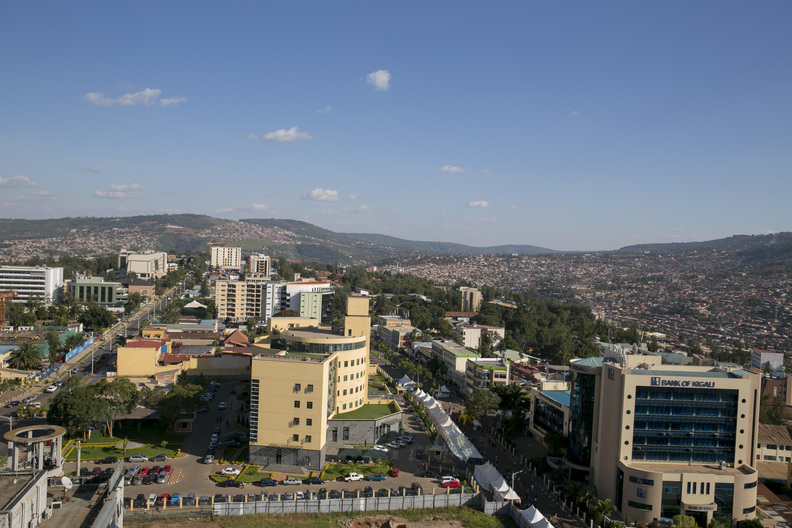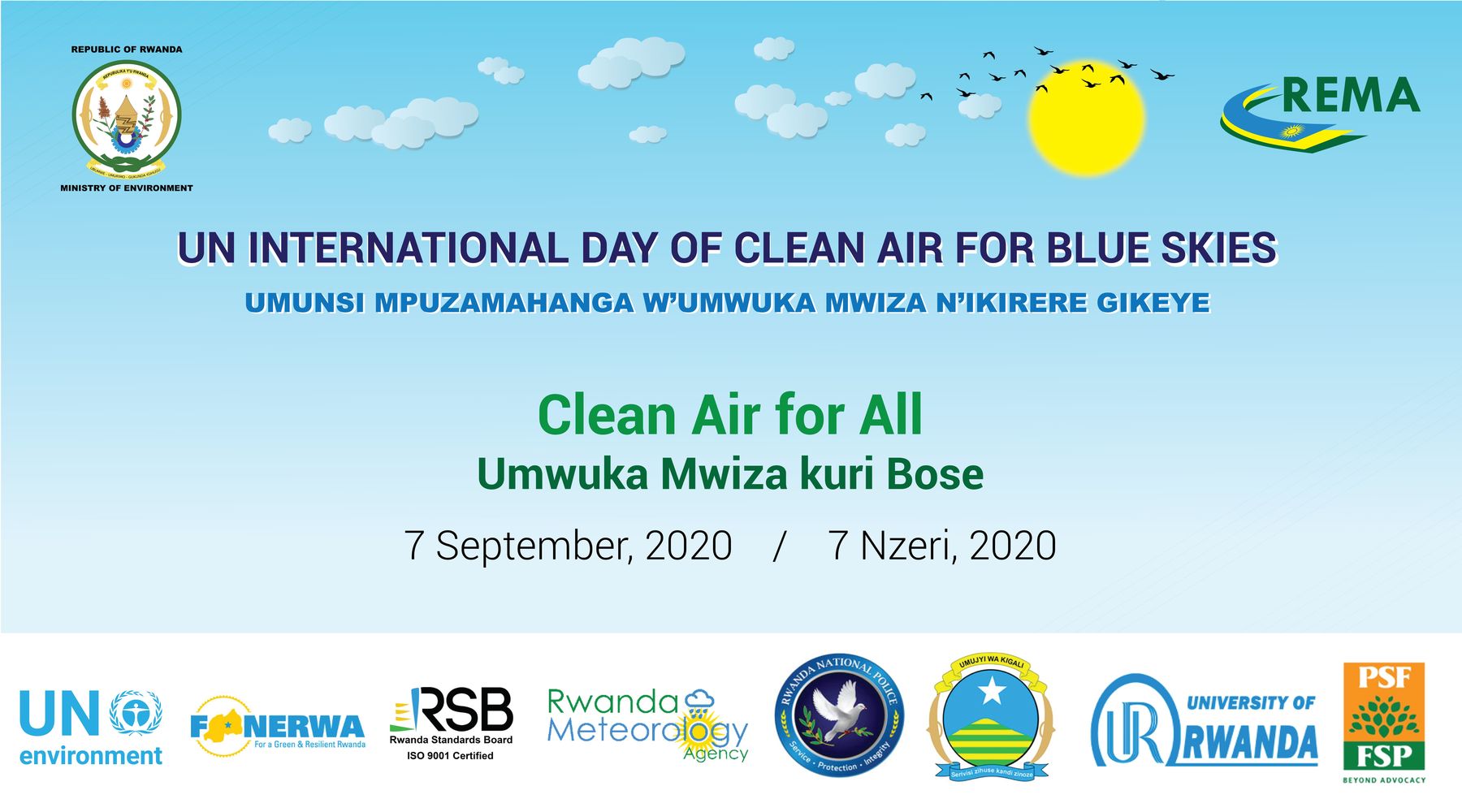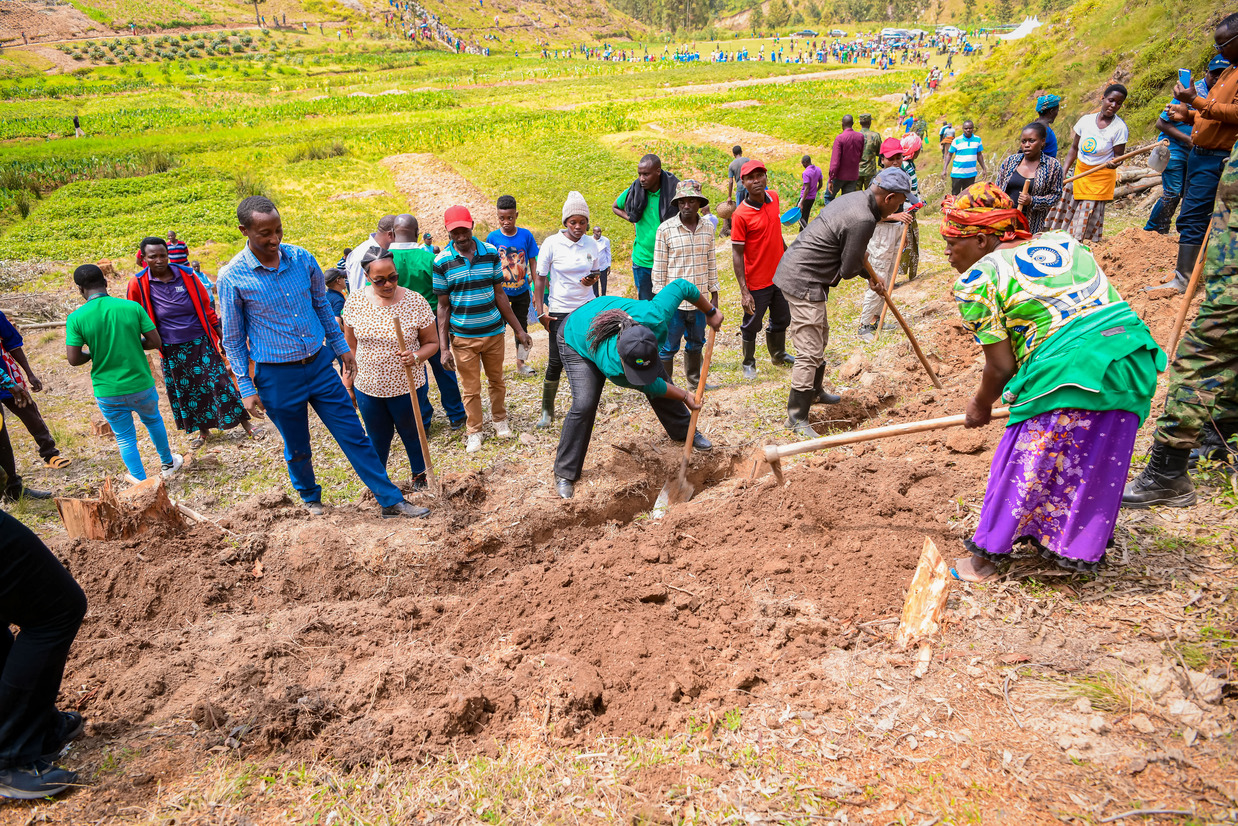
Rwanda launches new initiative to advance climate change adaptation
The Rwanda Environment Management Authority (REMA) and the United Nations Development Programme (UNDP) have today launched the “Landscape Approach to Climate Proof the Rural Settlements Project – a Global Environment Facility (GEF) funded Project – to advance climate change adaptation initiatives.
The six-year initiative will contribute to the implementation of the National Strategy for Transformation (NST1) by not only putting Rwanda’s Rural Settlement Programme (Imidugudu) on a climate-resilient pathway, but also secure the programme’s development gains in the face of uncertainties from climate change, and contribute to the country’s recovery from the impacts of COVID-19.
The USD 8,855,638 project will promote nature-based solutions and biodiversity protection by controlling erosion on hillsides, planting agroforestry trees, planting forests and protecting riverbanks.
The project will also strengthen gender equality in the process of climate proofing the Imidugudu and build the resilience of the most vulnerable residents through climate smart agriculture and diversification of livestock systems, which will increase land productivity and diversify sources of household incomes.
“This project will build climate resilience for communities in Gakenke and Kirehe and improve livelihoods by creating green jobs and distributing livestock to vulnerable residents. We encourage communities in the project intervention zones to actively contribute to its implementation and take advantage of the opportunities this project brings,” said Juliet Kabera, Director General, Rwanda Environment Management Authority.
The Landscape Approach to Climate Proof the Rural Settlements Project will cover 191 villages in Gakenke and Kirehe districts, providing improved dwellings and managing landscapes with improved ecosystems services, among many other activities.
“We can’t choose between healthy ecosystems and the wealth of society! With the Government of Rwanda, UNDP has opted to promote climate proof rural settlement approach to increase the adaptive capacity of communities and ecosystems to climate change” said Maxwell Gomera, UNDP Resident Representative.
The Landscape Approach to Climate Proof the Rural Settlements Project will be implemented by REMA in partnership with Meteo Rwanda, Rwanda Housing Authority, the Rwanda Agriculture Board (RAB) and Gakenke and Kirehe districts with support of the GEF through UNDP.
“You don’t need to be a biologist to save the planet! Environmental protection and restoration is not just a matter of natural sciences. If we continue to treat ‘the environment’ separately from ‘the economy,’ our time left to act is going to slip away. There is a role for everyone to achieve carbon neutrality in the sustainability effort” said Carlos Manuel Rodriguez, CEO and Chairperson, Global Environment Facility
Rwanda is undertaking border-to-border landscape and ecosystem restoration under the Bonn Challenge. All of these initiatives are in line with Rwanda’s commitment to implement international commitments in areas of climate change and build a climate resilient country by 2050.
Key Project Facts
- Around 23,560 hectares will be restored to build a climate-resilient pathway for Rwanda’s Rural Settlement Programme
- Around 56,000 people (of whom 50% will be women) will directly benefit from the project within its six years of implementation
- 15,000 green jobs will be created through ecosystem restoration and development of green rural settlement.
- The project will develop and construct basic infrastructures including 500 houses, supply of rainwater harvesting tanks, contribute to Girinka Programme, distribute cookstoves and finance income generating activities
- The project will adopt climate smart agricultural practices and more effective utilization of existing value chains, thus increasing land productivity, food security and incomes
Topics
More posts
Rwanda launches the first ever cook stove testing laboratory
The Gouvernement of Rwanda has launched a cook stove testing laboratory which will also be used for testing of other aspects of renewable energies.
T…
REMA receives computing equipment provided by FAO to enhance Greenhouse Gases inventory
Rwanda Environment Management Authority (REMA) has received computing equipment that will be used for enhancing the Greenhouse Gases (GHG) national…
Kurengera akayunguruzo k’imirasire y’izuba biri mu nyungu za buri wese
U Rwanda rwifatanyije n’isi mu kwizihiza umunsi mpuzamahanga wo kurengera akayunguruzo k’imirasire y’izuba wizihijwe tariki 16 Nzeri 2020…
REMA yongeye kuburira abagikoresha amasashi n’ibikoresho bya pulasitiki bikoreshwa inshuro imwe
Ikigo cy’igihugu cyo kubungabunga ibidukikije REMA kuri uyu wakane tariki 10 Nzeri 2020 cyatangiye igenzura ku iyubahirizwa ry’itegeko ribuza ikorwa,…
Clean skies, healthy people...
Rwanda has joined the rest of the world to mark the first-ever International Day of Clean Air for blue skies. The day calls upon all of us, from…
Abafite imodoka barasabwa kuzirinda gusohora imyotsi ihumanya umwuka
Ikigo cy’igihugu cyo kubungabunga ibidukikije REMA ku bufatanye na Polisi y’u Rwanda, kuri uyu wagatandatu tariki 05/09/2020 batangiye igikorwa cyo…
International Day of Clean Air for Blue Skies: Rwanda’s commitment to Preserving Air Quality and Fighting Air Pollution
Rwanda recognizes air pollution in cities and at national level as a serious environmental and health threat. According to estimates from the World…
Abanyarwanda barakangurirwa kwirinda ibyahumanya umwuka n’ikirere
Kigali, Tariki 04 Nzeri 2020 – Uyu mwaka u Rwanda ruzifatanya n’isi kwizihiza ku nshuro ya mbere umunsi mpuzamahanga w’Umwuka Mwiza n’ Ikirere Gikeye.…
Postgraduate students funded by REMA successfully completed their research theses
Sixteen students from the University of Rwanda who were funded by the Rwanda Environment Management (REMA) under the Landscape Approach to Forest…
